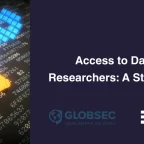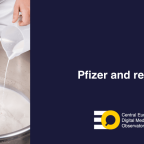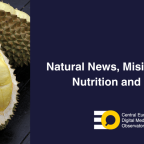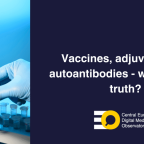CEDMO aims to boost original and high-quality research on disinformation. To this end, it places value on providing fresh insights into this phenomenon using rigorous scientific approaches, concepts, and methods. An important part of this mission is the collection and analysis of unique data. It also encourages the cultivation of an interdisciplinary milieu within which insights from social science, computer science, medical science and humanities cross-fertilize. CEDMO has thus transformative ambitions with its focus on the development and implementation of the latest tools and techniques from data and information science and dynamic systems.
CEDMO research will focus on:
- Detect, analyse and disclose disinformation campaigns at the national and multinational level;
- Analyse disinformation campaigns’ impact on society and democracy;
- Promote media literacy activities;
- Monitor the digital media ecosystem, in cooperation with the CEDMO ecosystem, public institutions and national authorities.
Apart from regular studies, CEDMO issues three types of signature research formats, utilizing the “coffee metaphor”: coffee beans (the shortest register, 1-3 pages long); espresso (policy briefs, 15-25 pages long); and latte (academic papers, 25-40 pages long). The thematic spans from publishing analyses of societal values, attitudes and narratives; through interpretation of longitudinal sociological data; investigations of media literacy and societal resilience; to examination of epidemiological vectors of disinformation within the public sphere; and, last but not least, studies utilizing AI and experimental tools.
The work of independent researchers and analysts who study content that has a potential to cause harm to individuals, groups of people or the whole society is indispensable for democracy. Since the spread of mis- and disinformation became one of the key societal threats, a strong community of experts has emerged with a capacity to study all ABCDEs (actors, behaviours, content, degree and effect) linked to malign content. However capable, the community is still strongly dependent on one factor – data availability (open APIs, web-based repositories) of the platforms where the content, including disinformation, spreads. The degree of openness of data – and the choice of which data would be available for research and in which form (API, dashboard, etc.) – has been dependent upon each platform’s decision.




